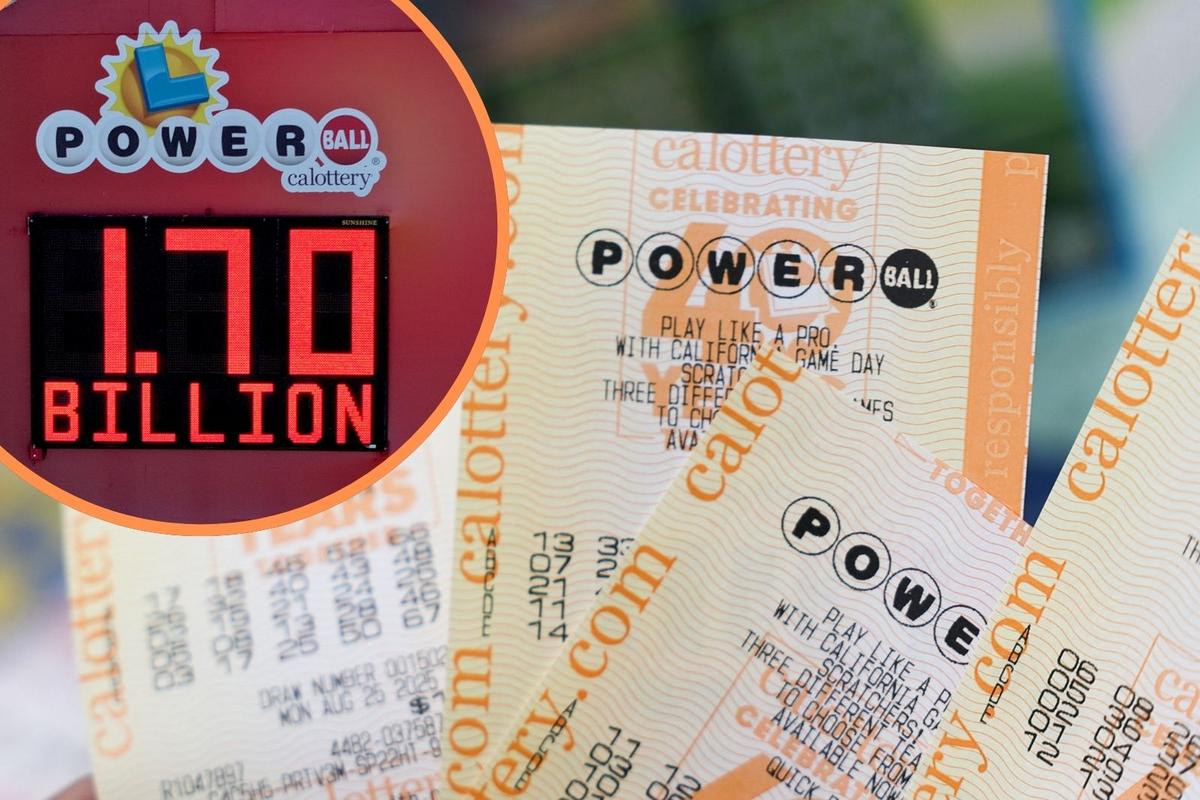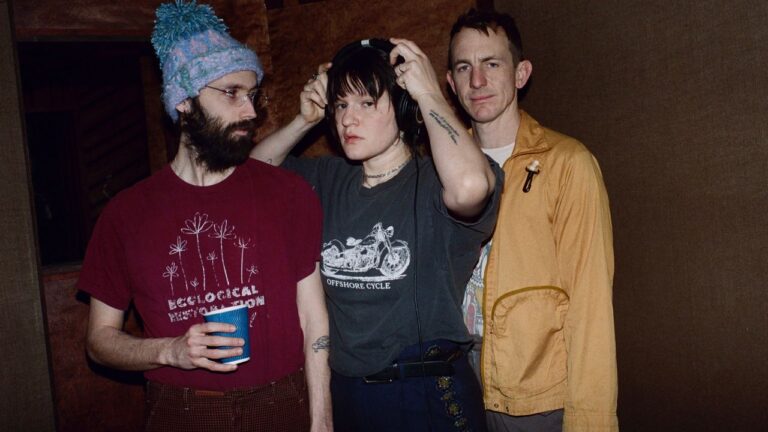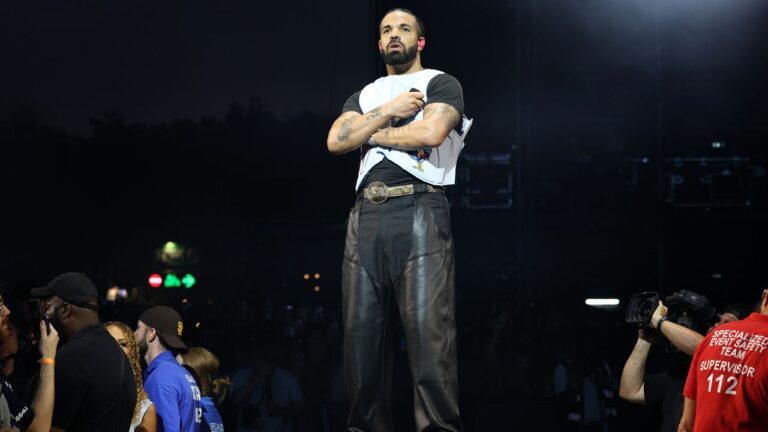The Powerball jackpot is soaring — now estimated at $1.7 billion after no winner was declared in Wednesday’s drawing.
With millions racing to buy tickets ahead of Saturday’s drawing, one expert says players should avoid one of the game’s most popular options.
The Problem With Quick Pick
Quick Pick — the feature that lets a machine randomly select numbers for you — is used by as many as 70 to 80 percent of players, according to Powerball.net.
Read More: Want to Win the Lottery? These Powerball + Mega Millions Numbers Have Hit the Most
But longtime lottery aficionado Dawn Nettles claims the system isn’t as random as it seems.
“Sit down and fill out a play slip,” she told the Daily Mail, warning that machine algorithms can spit out duplicate numbers — which could increase the chance of splitting the jackpot if you win.
Nettles argues that computers “cannot see patterns,” and points to Texas data suggesting that up to 90 percent of Quick Picks skew toward higher numbers.
Why Hand-Picking Numbers Might Help
The Multi-State Lottery Association (MUSL) notes that about 80 percent of jackpot-winning tickets have been Quick Picks — but that’s mostly because so many players rely on them.
However, Nettles believes hand-picking numbers may cut down on duplication and give winners a better chance at keeping the prize all to themselves.
Her advice: take the extra minute to circle your own numbers, whether they’re birthdays, anniversaries, or just digits that feel lucky.
The Bigger Picture
Even with hand-picked numbers, the odds of hitting Powerball remain steep — roughly 1 in 292 million. Still, experts say part of the fun lies in dreaming big.
Lottery Fun Facts + History
- Powerball switched to its current format (1–69 white balls + 1–26 Powerball) in 2015.
- Mega Millions updated in 2025 to 1–70 white balls + 1–24 Mega Ball.
- America’s lottery roots date back to 1612, when the Virginia Company of London
- ran a drawing to help fund the Jamestown colony.
- The modern U.S. lottery era began during the Great Depression, when Puerto Rico introduced the first legal lottery in 1934. New Hampshire followed in 1964.
- Today, each state sets its own lottery rules — including how winnings are taxed.
A Game of Chance
Whether you hand-pick your numbers or leave it up to technology, Powerball ultimately comes down to chance.
Read More: Win the Lottery? Here’s How Long You Have to Claim Your Prize Before It’s Too Late
But if you’re chasing a record-breaking jackpot, experts suggest hand-picking your numbers may be worth the extra effort.
9 Country Stars Who Grew Up Rich
The son of a rock star, the daughter of a famous actor, a son of a car dealer and two wealth managers’ kids are among the country artists listed below. These nine country stars grew up rich, but that doesn’t mean they didn’t work hard to get where they are today.
Gallery Credit: Billy Dukes



